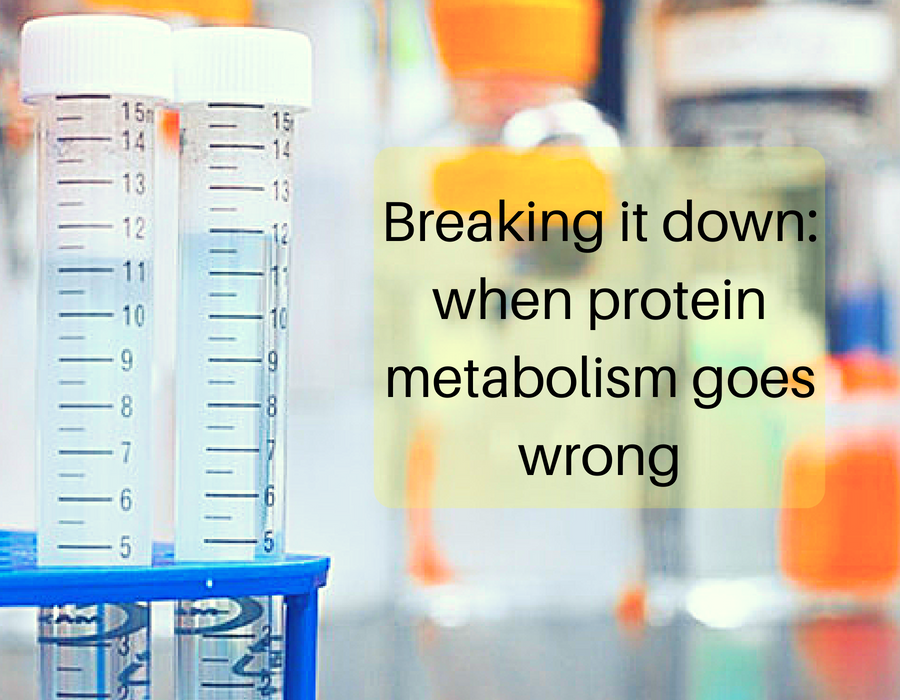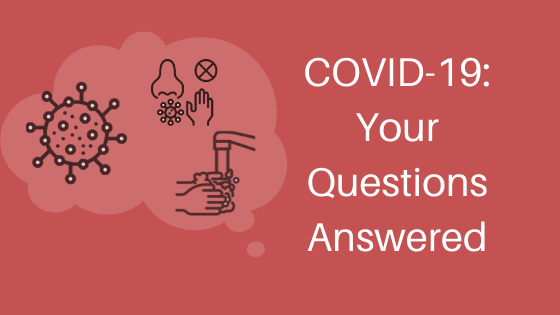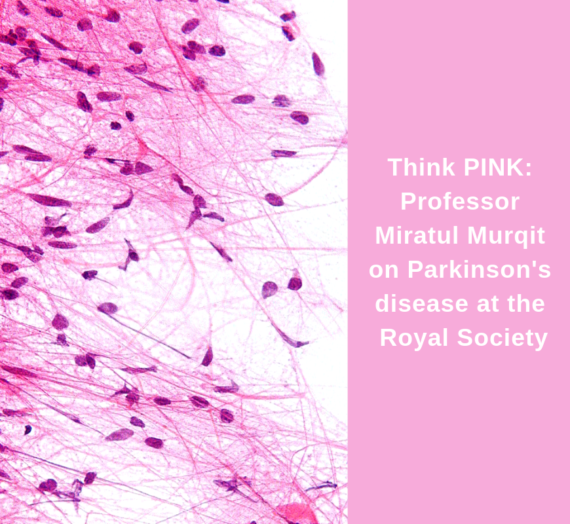By Brittany Fair
The nurse took the vial of blood collected from the new-born baby girl.
“What are you testing this vial for?” the new mom inquired.
“Oh, this is just to check for a rare disease called PKU. In all of my years working as a nurse, I’ve never seen it come back positive. It’s just a mandatory check.”
For this baby girl, it came back positive.

PKU stands for phenylketonuria. It is a rare disease which affects nearly 1 in 10,000-15,000 people in the United States. PKU is a serious condition where the body cannot metabolize the amino acid phenylalanine (phe). Common foods that contain large amounts of phe are foods with high levels of protein: such as dairy products, meat, eggs, beans and nuts.
With PKU, there are severe consequences for consuming too much phe including developing neurological, intellectual and psychological disability along with long-term damage to the central nervous system. However, if PKU is caught early and diet changes are implemented immediately, the child will be on a normal developmental track. Thus, screening at birth has become routine at most hospitals.
A PKU-friendly diet is similar to a vegan diet- mostly fruits and vegetables. People with PKU must be careful about consuming wheat, soy, nuts and beans as these items tend to contain more protein.
How do you get PKU? PKU is a recessive genetic disorder. This means that both parents must carry the gene for the child to get it. Yet, even if both parents are carriers of PKU, this does not necessarily mean the child will be affected. If both parents are carriers, there is only a 25% chance the child will have PKU. While there is a 50% chance that child will be a carrier themselves, but not actually be affected by PKU. Lastly, 25% of children will be completely unaffected: no PKU and not a carrier.

There is no cure for PKU and until recently there was no treatment beyond diet restriction. On May 25th, 2018 the US Food and Drug Administration (FDA) approved the drug Palynziq™. Palynziq reduces levels of phe in the bloodstream via a subcutaneous injection. The drug works by using an enzyme to convert the phe to ammonia and trans-cinnamic acid, allowing for the metabolism of phe. This means that patients taking Palynziq are able to process protein and no longer have to follow such a restricted diet. Palynziq allows people with PKU to start incorporating protein into the daily routine.
The FDA’s approval of Palynziq is a huge breakthrough for the treatment of PKU, meaning that sustaining a low protein diet may now be a thing of the past for people living with the disease.
To find out more about Palynziq and read the press release from the FDA click here:






Sunshine Blogger Award Q&A – Seeking Science
[…] Fair – You might recognise Brittany’s name from a guest post she wrote for us on phenylketonuria – visit her personal site for neuroscience, yoga and science communication […]
IWD 2019: Celebrating Women In Science – Seeking Science
[…] Breaking it down: when protein metabolism goes wrong […]